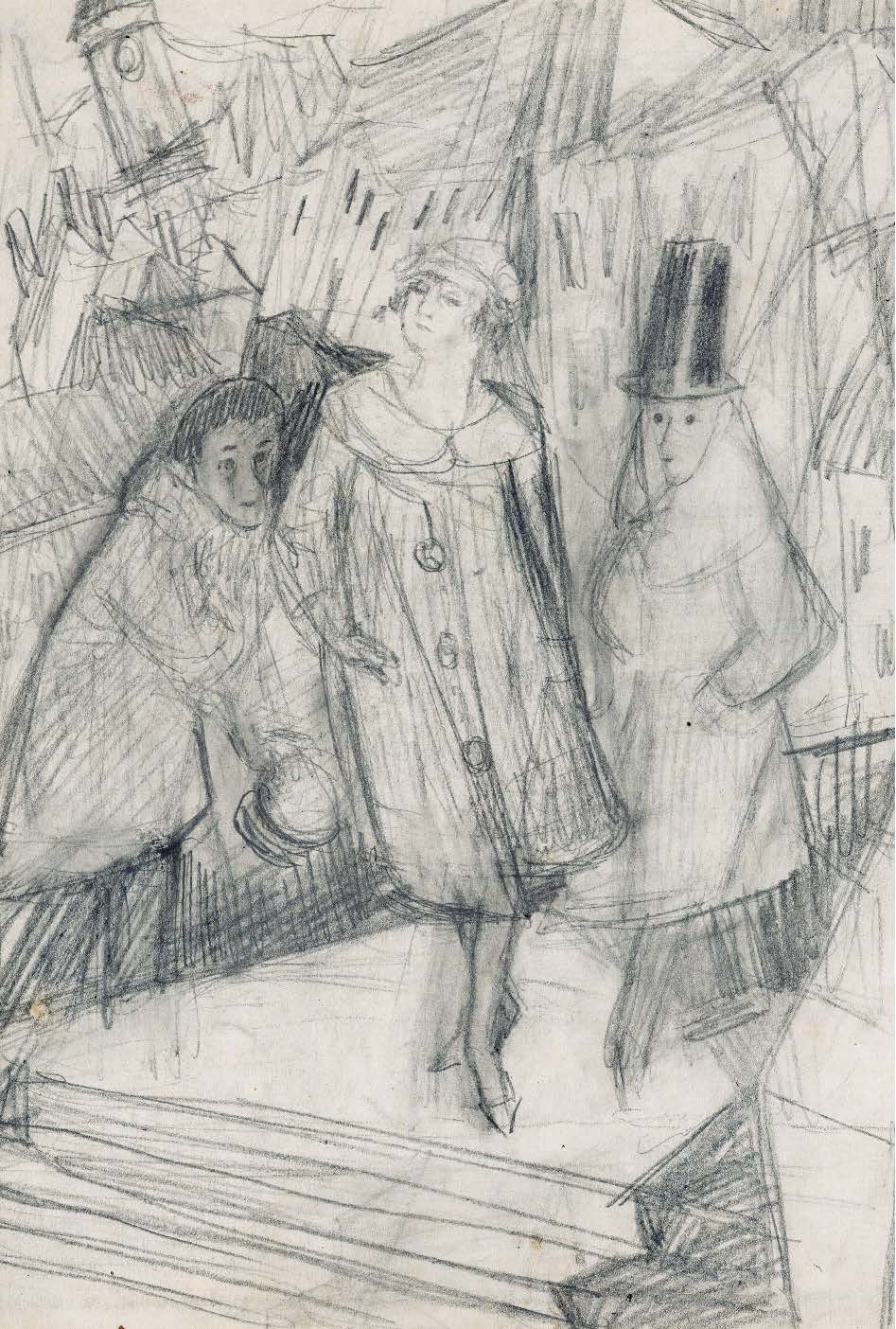Schulz poetów „ośmielonej wyobraźni” (preliminaria)
Bruno Schulz by the Poets of the “Bold Imagination” (Preliminaries)
Author(s): Magdalena Rabizo-BirekSubject(s): Poetry, Comparative Study of Literature, Polish Literature, History of Antisemitism, Theory of Literature
Published by: Fundacja Terytoria Książki
Keywords: Bruno Schulz;imagination and reality;polish poetry;reception studies;literary legend;
Summary/Abstract: The paper addresses the popularity of the person and work of Bruno Schulz in one of the trends in Polish poetry, represented by the generation born in the 1970s, placing it in the context of the writer’s earlier reception (e.g., in the works of the poets of older generations, such as Marian Jachimowicz, Tadeusz Różewicz, Jerzy Ficowski, Anna Frajlich, and Jarosław Gawlik). This trend has been usually referred to with a metaphorical term “bold imagination” and called “imiaginativism”, and its main representatives are Roman Honet, Tomasz Różycki, Radosław Kobierski, and Bartłomiej Majzel. Close to that group are also Ewa Elżbieta Nowakowska, Dariusz Pada, and Mariusz Tenerowicz. All of them consider Schulz, who called the entire genuine literature “poetry,” their mentor and patron, both as a writer and a graphic artist, whose heritage includes also the works that are unfinished or lost, and as such, they encourage continuing his ideas (such as the novel Messiah). For them, he is also the founder of a “trend” based on the primacy of imagination, visions, the mythicization of reality, and a creative approach to cultural traditions. The poets have been also inspired by Schulz’s literary legend whose elements are his double Polish and Jewish identity, the family and erotic psychodramas, life in a provincial and multicultural Galician town as well as the necessity to combine a literary career with the humdrum teacher’s job and his tragic death in the Holocaust. Referring to the motifs drawn from Schulz’s life and work, the imaginativists, poets and fiction writers, write apocrypha and elegies in which Schulz continues his “posthumous life.” The author considers all the modes of his presence in the poetry of the “bold imagination”: as a literary precursor, as the favorite master, as an emblem of the Holocaust, and as a protagonist of a biographical legend. She interprets the programmatic statements of Honet, Majzel, and Różycki, where Schulz figures prominently, right before other highly appreciated poets, writers, and artists: Rilke, Kafka, Trakl, and Schiele. Then she interprets the early poems by Honet, Kobierski, Nowakowska, and Pada, which include the characteristic motifs of Schulz’s fiction: a sanatorium, a phantasmagoric town, the Book, a comet, and the realities of the Austro-Hungarian Empire and the belle époque. It has been stressed that the later Schulzean “biographical apocrypha” of the imaginativists (Tomasz Cieślak’s coinage), which develop the alternative versions of his life, are rooted in the projects of alternative histories (“side courses of time,” the “thirteenth months”) to be found in his fiction, as well as the visionary ways of prolonging life of the dead (particularly in “The Sanatorium under the Sign of an Hourglass” and the “Treatise on Tailor’s Dummies”). The Schulzean poems of the imaginativists are full of biographical details – their authors, imitating the poetics of their master, quoting, paraphrasing, and summarizing his texts or referring to his life experience and vicissitudes, write first of all about themselves. Schulz’s biography and work turn out to be an unusually flexible medium, a figure of the contemporary (particularly Polish) artist, and a mirror for the writers of late modernity, who get a chance to understand themselves and perhaps confirm their own poetic calling.
Journal: Schulz/Forum
- Issue Year: 2019
- Issue No: 13
- Page Range: 63-85
- Page Count: 23
- Language: Polish

